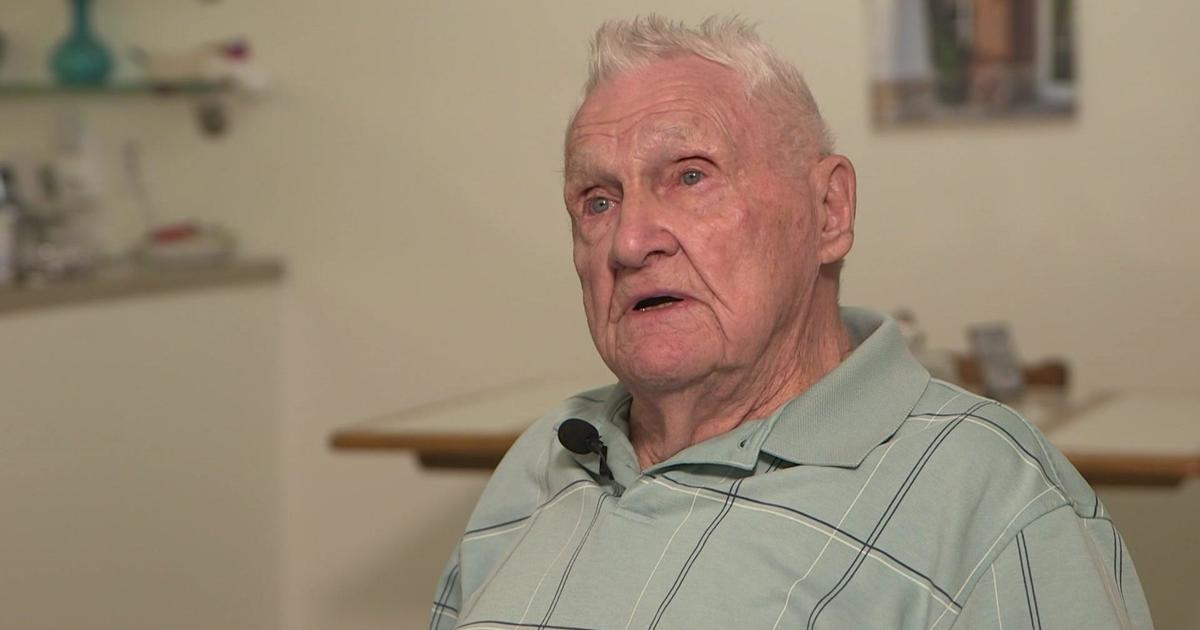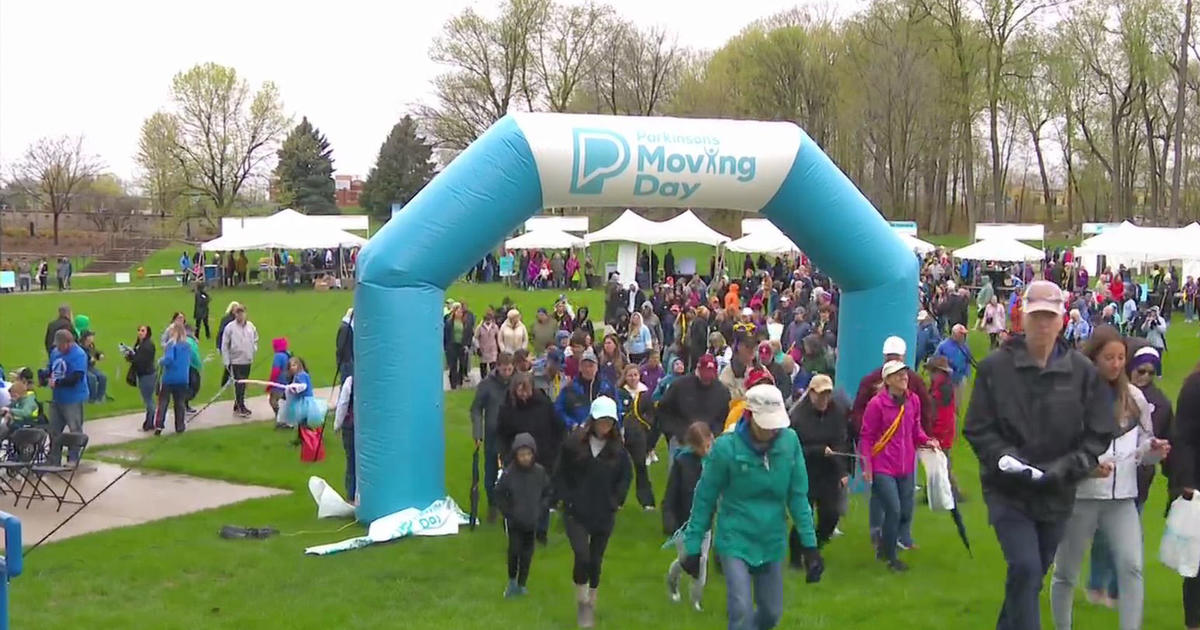Immigrant, Labor, Occupy Groups Join For Protests
SAN FRANCISCO (AP) — The most visible organizing effort by anti-Wall Street groups since Occupy encampments were dismantled last fall are being planned for May Day, a change from recent years when protests on the international workers' holiday focused on immigrant rights.
Organizers of the various demonstrations, strikes and acts of civil disobedience, which could disrupt commutes in several major cities on Tuesday, aren't too concerned about muddling the message: They point out that their movements have similar goals: fair wages, the need for jobs and equality.
In Los Angeles, at least a half-dozen May Day are rallies planned, and a few will feature both immigration activists and Occupy protesters. Immigration activists first approached Occupy protesters while they were camped in front of City Hall last year, said Jorge-Mario Cabrera, a spokesman for the Coalition for Humane Immigrant Rights in Los Angeles.
"There has been a growing understanding that both movements cared for the other, and that both movements were part of the 99 percent," said Cabrera, referring to an Occupy rallying cry about 1 percent of the population controlling much of the country's wealth.
In Atlanta, immigration activists are planning a rally at the Georgia Capitol, where a tough law targeting illegal immigration was enacted last year.
Billed as a "historic coming together" of immigrants and working people in the face of economic depression, many from the Occupy movement are planning on attending, Occupy Atlanta organizer Tim Franzen said.
"I think it's all important, but tomorrow is about international solidarity with workers," he said.
Organizers with Chicago's May 1 rally, which has been geared toward immigrant rights in recent years, said they welcomed participation from Occupy groups.
"I definitely see it as an enrichment of it," said a Chicago organizer, Orlando Sepulveda. "It's great."
Many of Chicago's most vocal immigrant rights groups have already been participating in the Occupy movement, which has delved into several Chicago neighborhoods with high immigrant populations.
In Minneapolis, the Minnesota Immigrant Rights Action Committee is among several groups coordinating with Occupy protesters for a range of May Day events. The immigrant rights group's portion is a march that organizers hoped would attract several thousand people after last year's event drew less than a thousand.
Brad Sigal, a volunteer with the group, said "our march is its own activity" but said his group feels the Occupy movement's message is a natural fit with their own.
"I think it's clear that all of the problems that are being faced by immigrant workers and by unions and by students facing massive debt, all the problems come from the same source, and that's the economic system and the economic inequality that's trying to make a profit at any cost," Sigal said.
In a more labor-centric protest in the San Francisco Bay Area, Golden Gate Bridge ferry workers said they'll strike Tuesday morning to shut down ferry service, which brings commuters from Marin County to the city. Ferry workers have been in contract negotiations for a year and have been working without a contract since July 2011 in a dispute over health care coverage, the Inlandboatmen's Union said.
A coalition of bridge and bus workers said they will honor the picket line. Occupy activists from San Francisco and Oakland are expected to join the rally, but earlier calls to shut down traffic on the bridge have been withdrawn.
In New York City, where the first Occupy camp was set up and where large protests brought some of the earliest attention — and mass arrests — to the movement, leaders plan a variety of events, including picketing, a march through Manhattan and other "creative disruptions against the corporations who rule our city."
Organizers have called for protesters to block one or more bridges or tunnels connecting Manhattan, the city's economic engine, to New Jersey and other parts of the city.
The Occupy movement began in September with a small camp in a lower Manhattan plaza that quickly grew to include hundreds of protesters using the tent city as their home base. More than 700 people were arrested Oct. 1 as they tried to cross the Brooklyn Bridge.
The city broke the camp up in November, citing sanitary and other concerns, but the movement has held smaller events and protests periodically since then.
(© Copyright 2012 The Associated Press. All Rights Reserved. This material may not be published, broadcast, rewritten or redistributed.)



